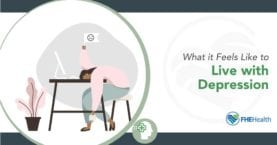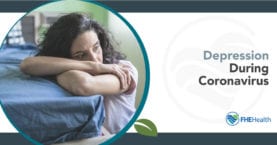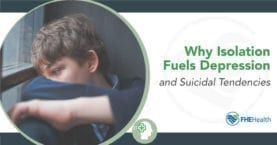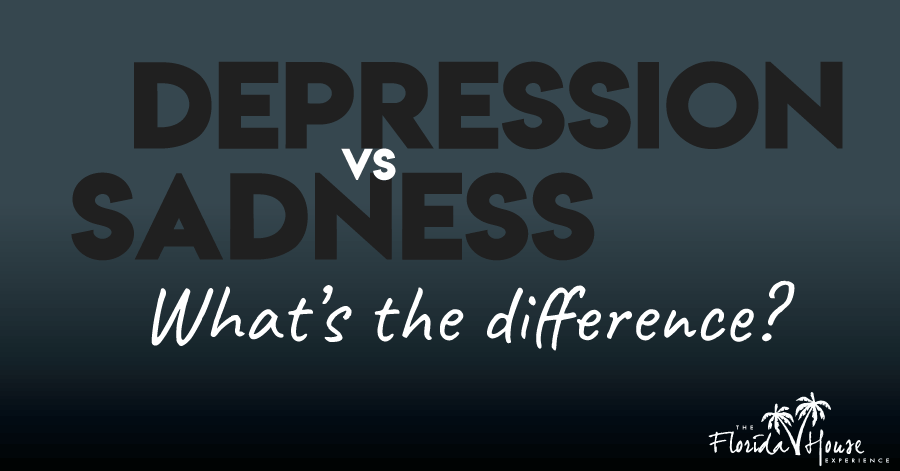
Everyone has feelings of sadness from time to time. It’s a normal reaction to occurrences in life and can even be helpful in guiding our decision making. Sadness can help us process, but it is a passing emotion.
This is where depression differs, clinical depression is a serious illness, but it’s more common than you think. However, it can be hard to know if you’re “just” sad or if you’re suffering from a more serious depressive episode.
Let’s take a look at depression vs. sadness, the symptoms, and what you can do if you think you might suffer from clinical depression.
What Is Clinical Depression?
The word “depressed” is often colloquially used without thought to what it actually means or how it can devalue the clinical definition.
You might hear someone say “I’m so depressed!” after a breakup or a series of difficult life events. But without understanding the definition of depression, using the term “depression” to describe sadness undermines the severity of the condition.
Depression can range from a temporary episode of deep sadness lasting days or weeks to something more intense and severe. Clinical depression is far more than a feeling of deep sadness or mild depression. You might hear it called “major depressive disorder” or “major depression.”
What Are Symptoms of Clinical Depression?
It is a diagnosed illness based on criteria for major depressive disorder. These symptoms can include:
- Regular feelings of guilt and/or worthlessness
- Consistent loss of energy and fatigue or loss of energy
- Not sleeping or sleeping too much
- Lack of concentration
- Significant and rapid weight gain or loss
- Inability to make simple decisions
- Lack of interest in activities you typically enjoy or other people
- Repeated thoughts of death or suicide
- Feeling physical pain without explanation
- General feelings of restlessness
- Angry outbursts over insignificant things
Most people feel a few of these symptoms from time to time. But when determining if it’s sadness vs. depression, consider the severity of the symptoms over time. If you feel some or most of these symptoms consistently over a long period of time, you might suffer from depression.
In the severest form of clinical depression, you or someone you know will experience noticeable problems in relationships and day-to-day activities. Work, school, friendships, social activities, and other aspects of daily life will suffer.
Depression sufferers lose jobs, leave people who love and care about them, and retreat from social interactions.
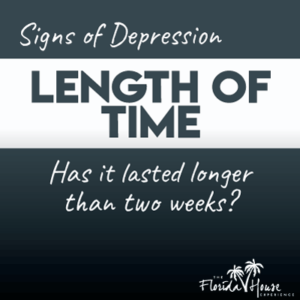 Consider this as another depression definition: a person experiencing five or more of the symptoms above for a period of at least two weeks.
Consider this as another depression definition: a person experiencing five or more of the symptoms above for a period of at least two weeks. 2. Was There a Trigger?
2. Was There a Trigger?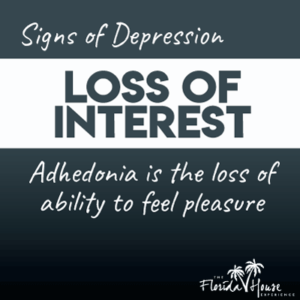 3. Loss of Interaction and Interest
3. Loss of Interaction and Interest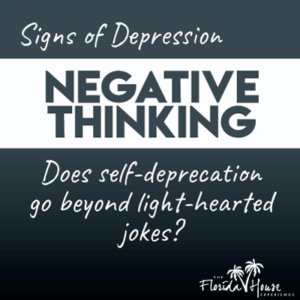 4. Negative Thinking
4. Negative Thinking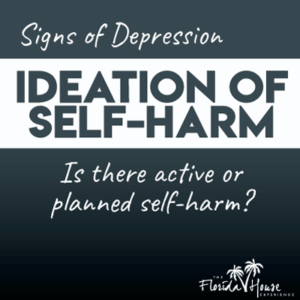 5. Thoughts of Self-Harm
5. Thoughts of Self-Harm 6. Alcohol or Drug Abuse
6. Alcohol or Drug Abuse